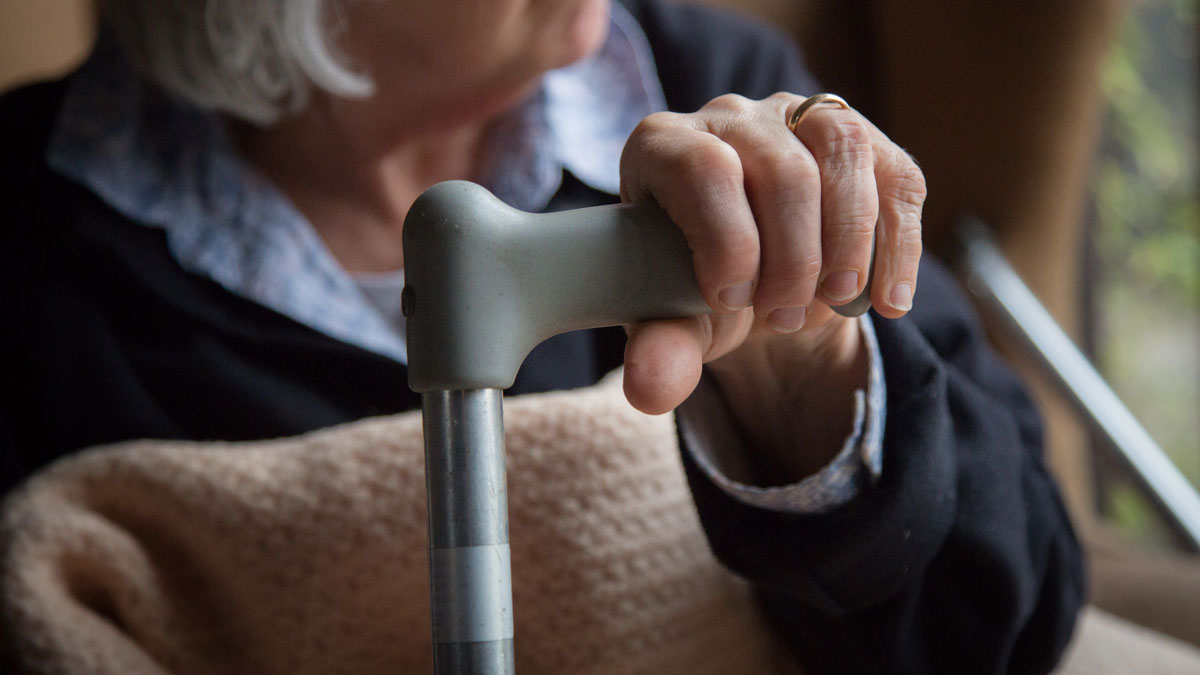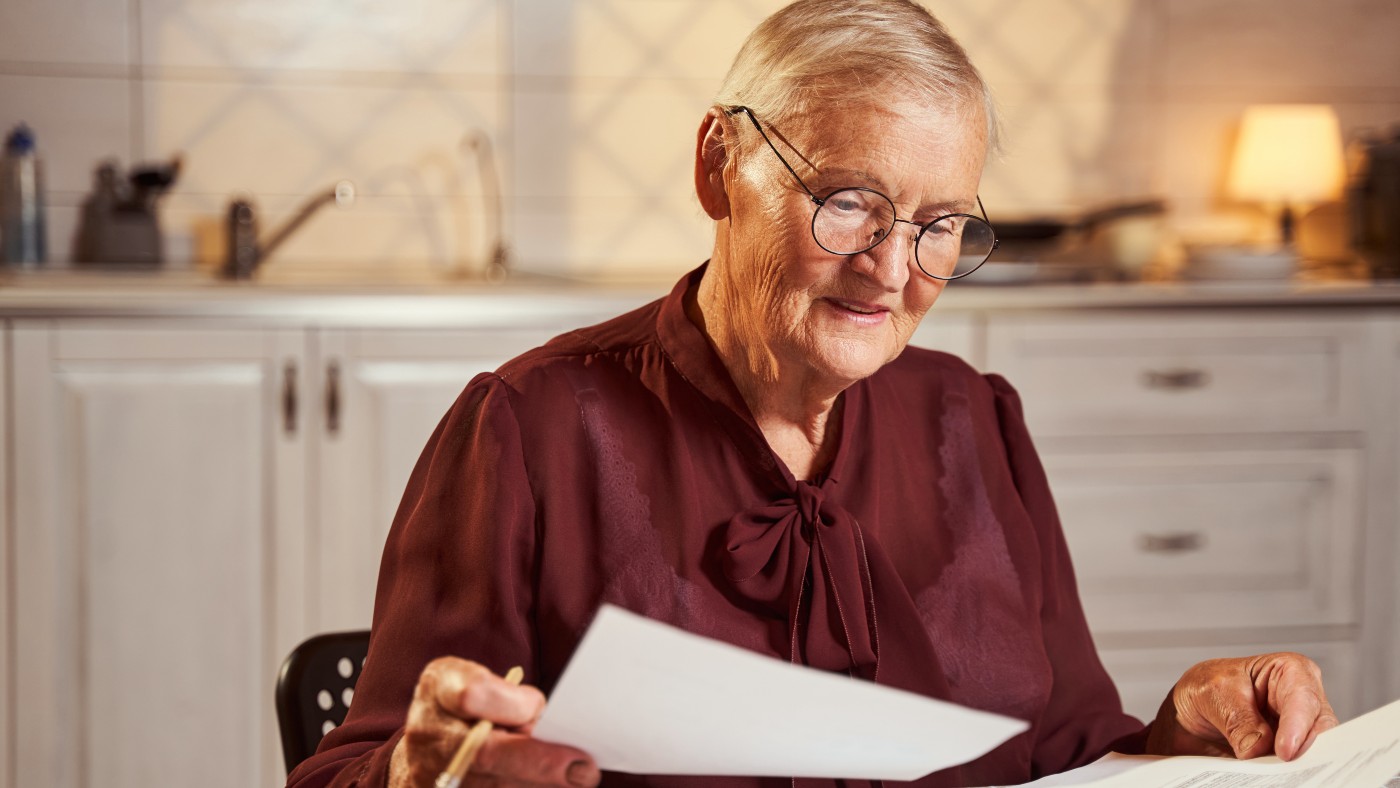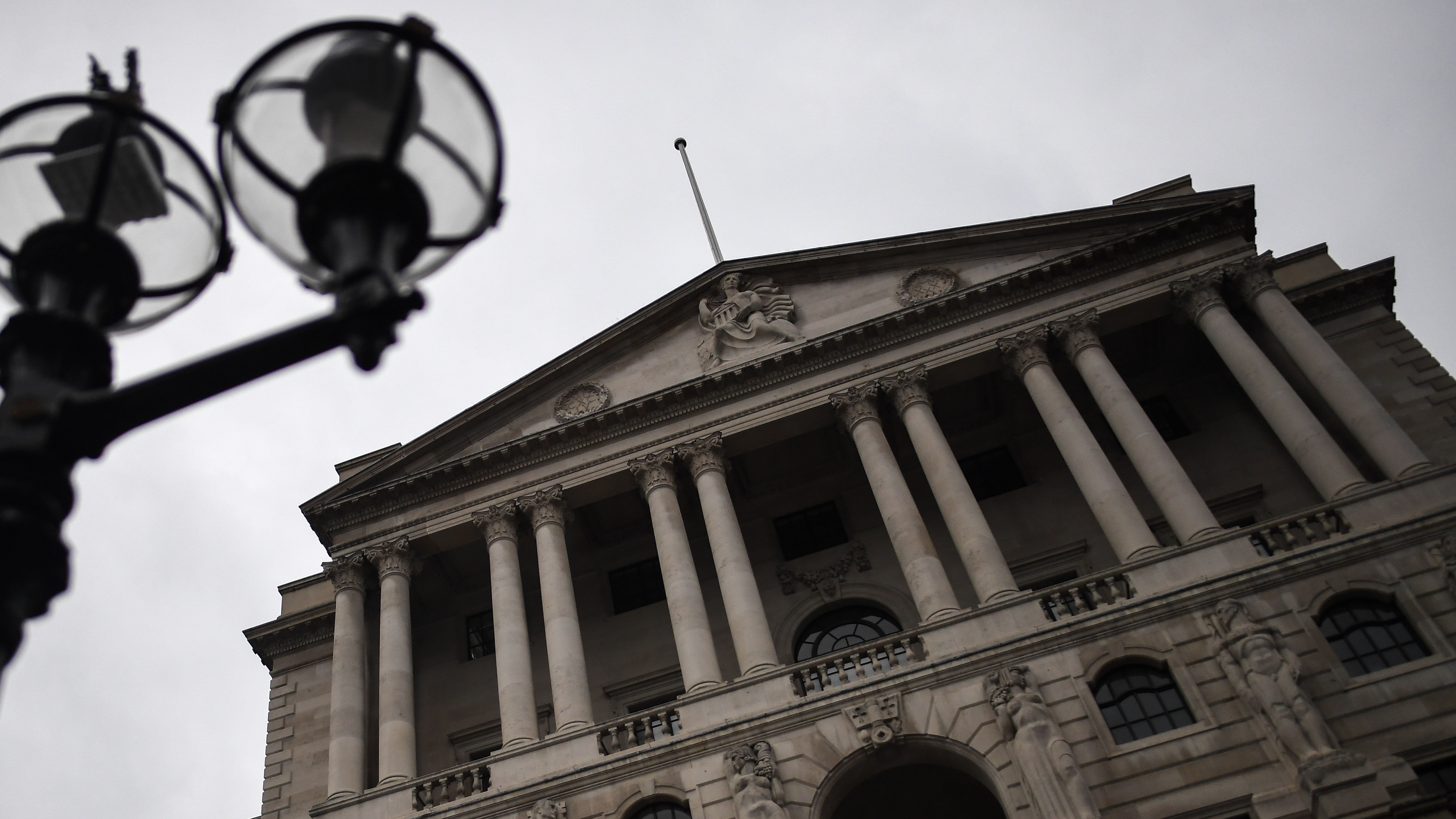Is the state pension sexist?
Equalisation of ages hits a number of women who were born in the 1950s

A free daily email with the biggest news stories of the day – and the best features from TheWeek.com
You are now subscribed
Your newsletter sign-up was successful
Over the past few years the state pension has been steadily changing. Retirement ages are rising, when you can claim state pension is changing and the amount you can claim is also being adjusted. But many critics say the changes are having a far worse effect on women then men.
Working women already suffer sexism in the office as equal pay remains a distant dream, is the government continuing the trend by treating women as second-class citizens in retirement?
Do women receive smaller state pensions?
The Week
Escape your echo chamber. Get the facts behind the news, plus analysis from multiple perspectives.

Sign up for The Week's Free Newsletters
From our morning news briefing to a weekly Good News Newsletter, get the best of The Week delivered directly to your inbox.
From our morning news briefing to a weekly Good News Newsletter, get the best of The Week delivered directly to your inbox.
On the face of it no and from next month a new flat-rate state pension comes in. But, when you dig into it women are likely to receive a smaller state pension than men - and many may not receive anything at all.
Figures from the Department of Work and Pensions show that of the 400,000 people expected to claim the new state pension this year, only 20,000 women will get the full amount of £155 a week. There are three main reasons for this.
Firstly, “many women (and men) will find that they will not receive the full rate because at some point in their working lives they were ‘contracted out’,” says Josephine Cumbo, in the Financial Times. This was where instead of paying national insurance (NI) contributions workers paid into a workplace scheme. The reduced NI payments means the government will make a deduction from the state pension pay-out.
Secondly, you need to have 35 years of qualifying national insurance contributions or credits to get for the full state pension. Many women don’t have this due to taking time out from their careers to raise children or care for relatives. This means they will receive a smaller pay-out. If they have less than 10 years of NI contributions they won’t be entitled to any state pension at all.
A free daily email with the biggest news stories of the day – and the best features from TheWeek.com
Finally, fewer women will reach state pension age this year due to changes to women’s pension age, which leads us onto another problem.
Why do women have to wait longer for their state pension?
Under the 1995 Pensions Act, the pension ages for both men and women was set to be equalised by 2020. Previously, women retired at 60 and men at 65. But, in 2011 the process was accelerated with some women getting less than two years notice that there would be a delay of up to 18 months in them receiving their state pension.
“Millions of women born in the 1950s have had their retirement dreams ruined by the rapid rise in state pension age from 60 to 65, to bring it into line with that for men,” says Ruth Emery in The Sunday Times.
“Without question, women’s and men’s state pension age should be equalised at 65… and the state pension age for both sexes should also then rise to 66, with further increases to 67 and 68, to reflect increases in underlying life expectancy,” says John Ralfe in The Telegraph. “But the 2011 Pensions Act, to accelerate the timetable for both state pension age equalisation and the increase to age 66 for both sexes, looked peevish and muddled.”
What is being done about it?
So far the government is standing firm and not making any changes to the plans, despite fierce criticism and a petition with over 130,000 signatures. “Politicians on all sides of the Commons have called for financial support for the women affected,” says Emery.
Now a compromise has been suggested. The Work and Pensions Select Committee has proposed allowing affected women to apply for early access to their state pension in return for receiving a slightly lower weekly payment. But, it remains to be seen if the government will go for a compromise.
-
 The problem with diagnosing profound autism
The problem with diagnosing profound autismThe Explainer Experts are reconsidering the idea of autism as a spectrum, which could impact diagnoses and policy making for the condition
-
 What to know before filing your own taxes for the first time
What to know before filing your own taxes for the first timethe explainer Tackle this financial milestone with confidence
-
 The biggest box office flops of the 21st century
The biggest box office flops of the 21st centuryin depth Unnecessary remakes and turgid, expensive CGI-fests highlight this list of these most notorious box-office losers
-
 Six ways to boost your finances in 2026
Six ways to boost your finances in 2026The Explainer It’s not too late to make a new year’s resolution to finally get organised money-wise
-
 The financial impact of returning to work in later life – should you 'unretire'?
The financial impact of returning to work in later life – should you 'unretire'?The Explainer Many people return to the workplace after retirement age, but what could it mean for your finances?
-
 State pension underpayments: are you getting the right amount?
State pension underpayments: are you getting the right amount?feature Hundreds of thousands of women may have received less than they were owed
-
 Early retirement: what is the ‘FIRE’ movement?
Early retirement: what is the ‘FIRE’ movement?feature Younger workers are aiming to quit the workforce early through extreme saving and investment
-
 How women can bridge the gender pension gap
How women can bridge the gender pension gapIn Depth New figures have shown the extent of the problem for women in retirement years
-
 How to plug the pension gap by buying National Insurance credits
How to plug the pension gap by buying National Insurance creditsfeature A temporary change in the state pension offers a ‘golden opportunity’
-
 Are UK pensions safe?
Are UK pensions safe?Today's Big Question Bank of England governor says its debt market support must end – but the multi-billion-pound scheme could be extended
-
 Pensions: time to end the triple lock?
Pensions: time to end the triple lock?In the Spotlight Ministers must decide whether to risk alienating older voters by ending guaranteed pension rises